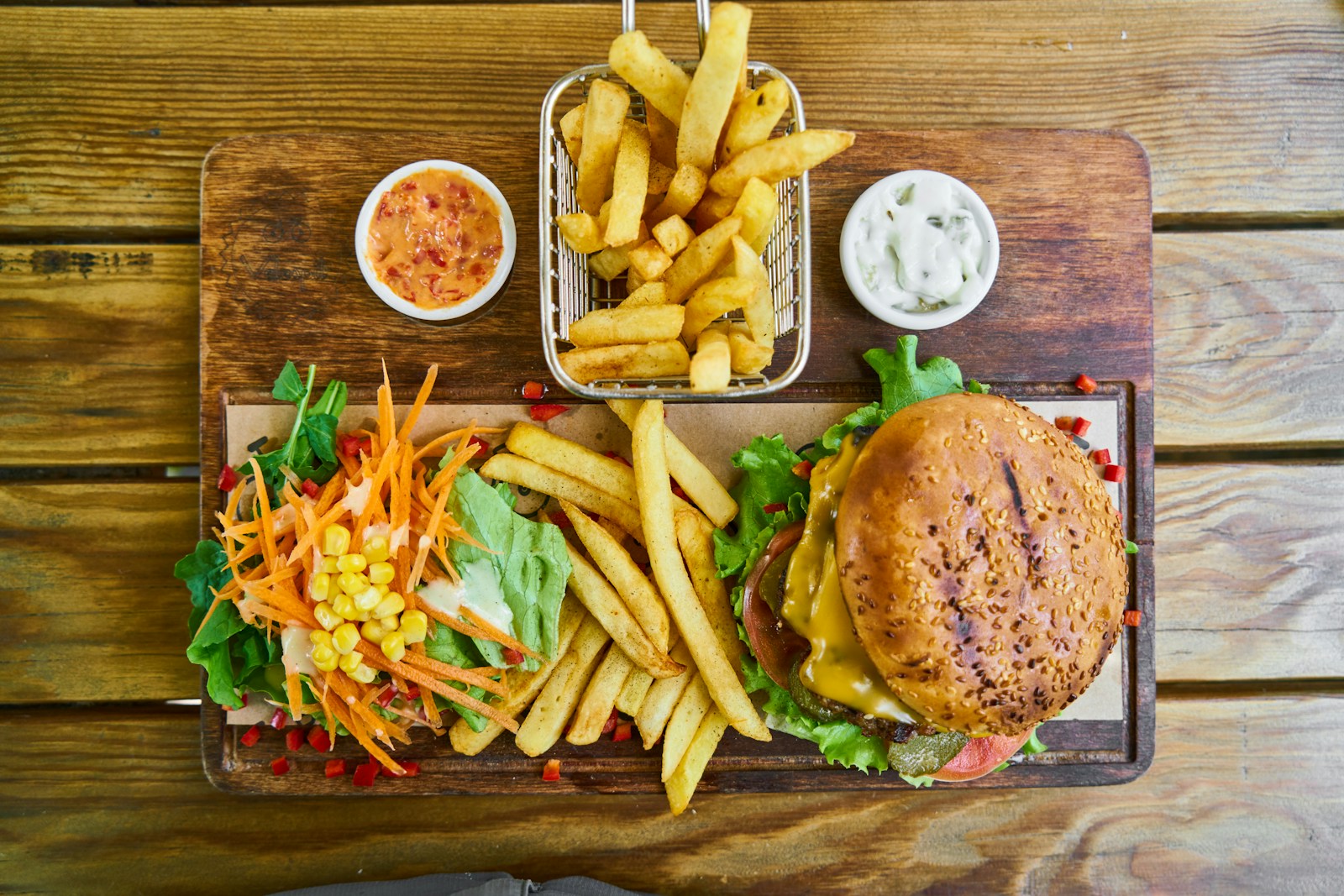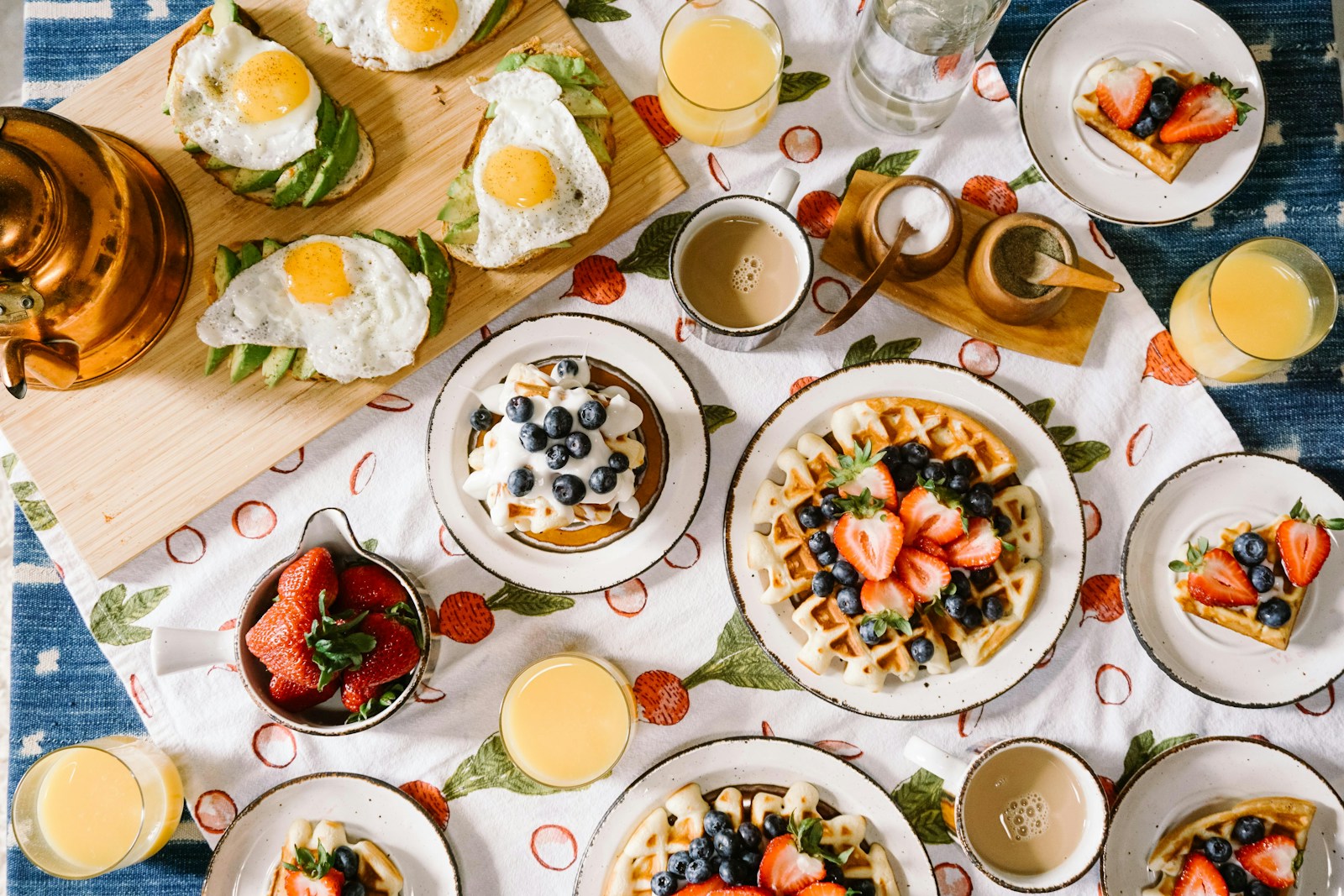
Understanding Insulin Resistance
Insulin resistance is a broad term denoting a condition where the body produces an excess of insulin, and its cells grow accustomed to it, thereby ceasing to react. “Your pancreas is responsible for producing insulin from the beta cells. When there is too much sugar in the bloodstream, your pancreas struggles to meet the demand for extra insulin, and then the insulin produced is not efficiently used by the body,” shares Letal Yerganjiev, M.S., RDN, CDCES, RYT.
Similar to how you would start ignoring a persistent solicitor knocking at your door, our cells begin to ignore insulin’s signals. Insulin resistance is often associated with obesity, diabetes and prediabetes, heart disease, and nonalcoholic fatty liver disease.
Fortunately, with healthy lifestyle changes, you can increase your body’s sensitivity to insulin and allow your cells to respond more effectively.
7-Day Meal Plan for Insulin Resistance
4 Dietary Aids to Avoid If You Have Insulin Resistance
Most dietary aids are not strictly regulated and can exacerbate issues such as insulin resistance. Here are four common dietary aids that experts recommend against if you’re dealing with insulin resistance.
1. Bitter Melon
This dietary aid is trending on social media, with influencers claiming it can enhance insulin resistance. However, existing research presents conflicting results, and experts agree that we can’t make such a definitive claim at this point.
Bitter melon is one dietary aid you should be wary of if you are insulin-resistant, Amy Beney, M.S., RD, CDCES, tells us. Though some believe it can prevent glucose absorption in the small intestine and decrease how the body forms blood sugar, more research is needed to clarify its long-term effects and safety for those with insulin resistance.
2. BCAAs (Branched-chain amino acids)
Highly popular for muscle growth before and after workouts, BCAAs seem to have some associated risks for people with insulin resistance. Lisa Andrews, M.Ed., RD, LD, explains more about the current research: “High levels of BCAAs have been linked with exacerbation of insulin resistance and risk for diabetes, from a 2019 study published in Diabetes.”
3. Apple-Cider Vinegar Gummies
Although commonly cited as a blood-sugar-lowering dietary aid, there is very little research that shows this aid is effective for managing blood sugar or insulin resistance. Instead, focus on lifestyle changes like a balanced diet that is low in added sugar, increasing physical activity, and managing your stress levels.
4. Caffeine Pills
If you rely on caffeine to maintain your energy levels throughout the day, you might be inadvertently increasing your blood sugar levels. Caffeine can cause a cascade effect of stress reactions, like elevating cortisol levels which in turn can cause short spikes in blood sugar. Elevated cortisol also seems to be associated with worsened insulin resistance, according to a 2023 paper in The Journal of Clinical Endocrinology & Metabolism.
Healthy Eating Tips for People with Insulin Resistance
“Focus on whole, nutrient-dense foods like nonstarchy vegetables, whole grains, and lean proteins. Limit sugar-sweetened beverages and foods that are high in added sugar and saturated fat,” shares dietitian Victoria Whittington, RDN.
Before spending your hard-earned dollars on dietary aids that might be harmful, consider making lifestyle changes first. Incorporate more lean proteins, high-fiber foods, fruits, and vegetables into your diet for better insulin sensitivity. Don’t forget about exercise and hydration levels to improve insulin resistance, too.



